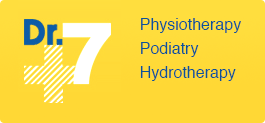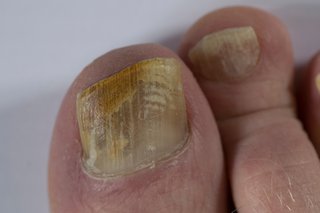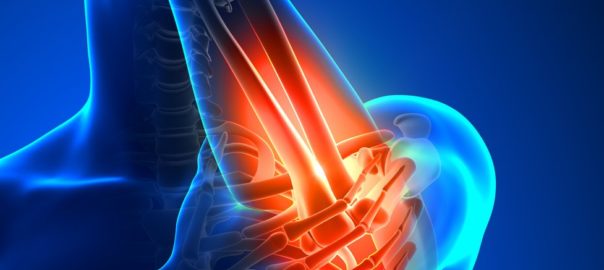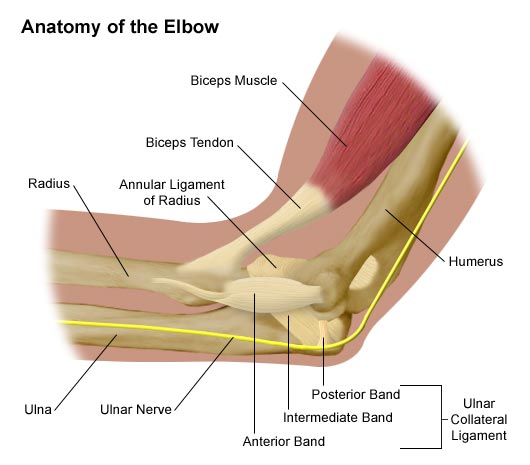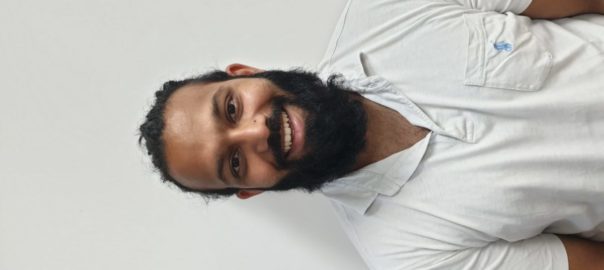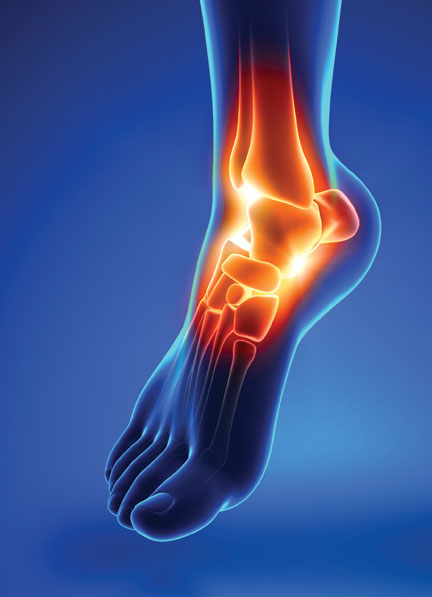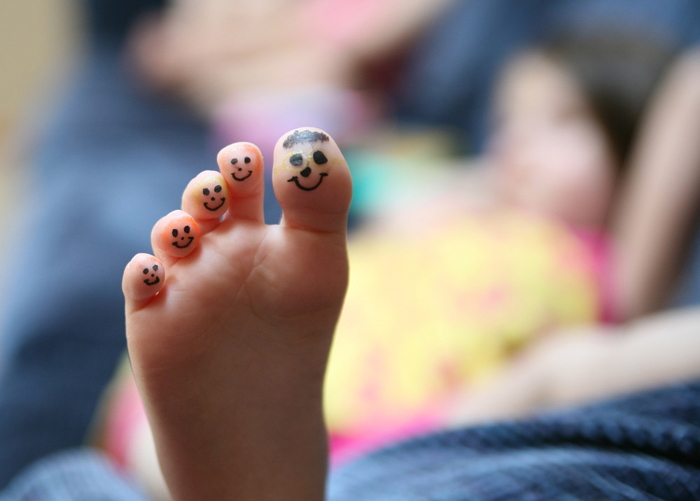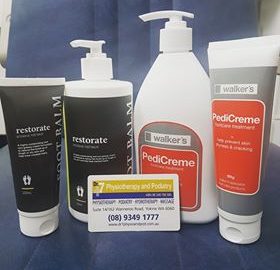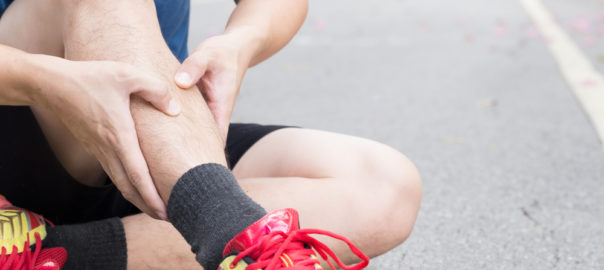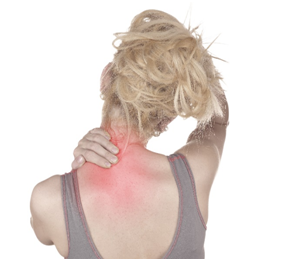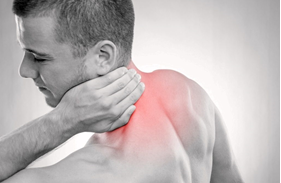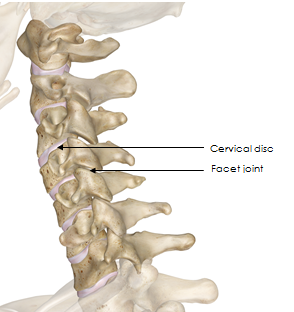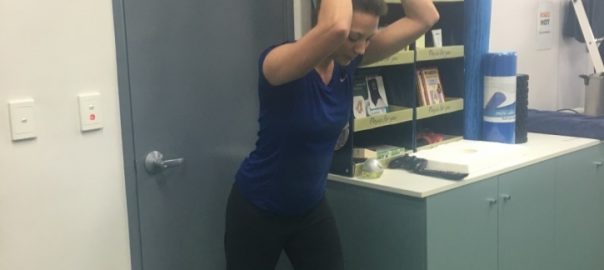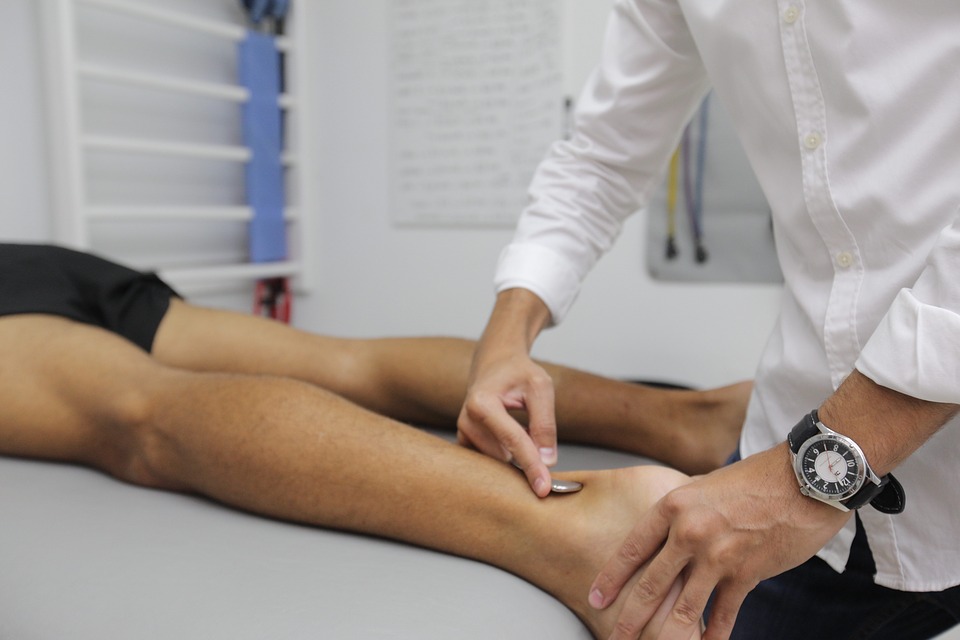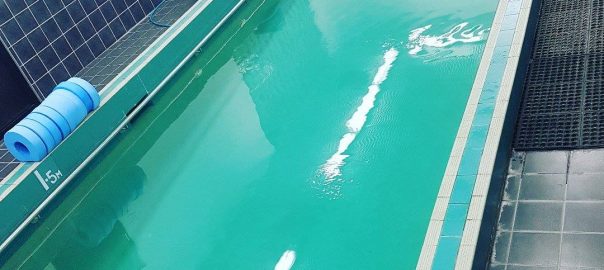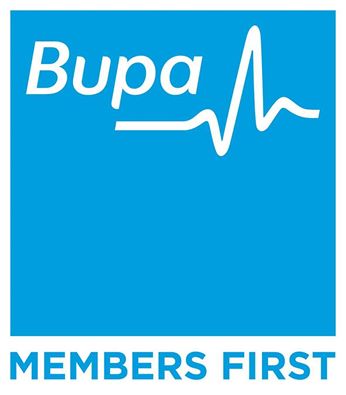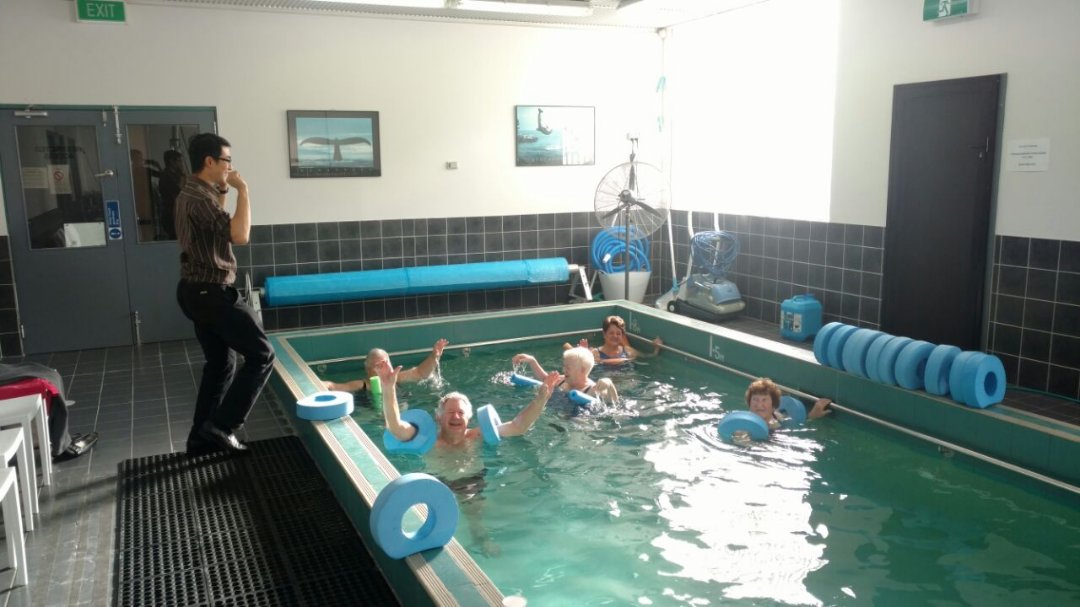What is a fungal nail infection?
Fungal nail infections, also known as onychomycosis or tinea unguium, are a common infection of the nail plate and/or nail bed. Most fungal nail infections are caused by dermatophytes, a type of fungus that require keratin for growth – nails and skin are the perfect environment for them to feed on.
Factors that place you at greater risk of developing a fungal nail infection include:
- Use of communal showers, gyms, locker rooms
- Exposure to moist environments and restricted ventilation of the feet
- Age – related to decreased blood circulation and thicker nails
- Other medical conditions, e.g. diabetes or psoriasis
- Use of unclean or improperly sterilised nail salon equipment
How do I know if I have one?
The appearance of a fungal nail infection will vary, but the most obvious signs are:
- Discolouration – usually a yellow, brown or white
- Nails have become brittle or crumbly
- Uneven texture and thickening of the nail plate in more longstanding cases
Fungal nail infections can be confused with a number of other nail conditions, so it is always best to see a podiatrist rather than self-diagnose.
How are fungal nail infections treated?
Treating fungal nail infections can sometimes be a long and tedious process, so early diagnosis and treatment is important. It is also important to treat these infections as they can spread to neighbouring nails, the skin (known as tinea pedis/athlete’s foot), or to other people.
First and foremost, good foot hygiene practices are a must:
- Keep feet clean and dry
- Favour cotton or bamboo socks
- Replace hot and sweaty socks during the day if required
- Avoid going barefoot in communal showers and locker rooms
For early or mild infections, twice daily application of tea tree oil to the nail plate can sometimes be sufficient. However, by the time most people seek treatment, the infection is more longstanding and therefore requires stronger treatment with a topical antifungal nail lacquer. For the most stubborn infections, more aggressive treatment may be needed. An oral antifungal can be prescribed by your GP, however treatment with these drugs may last several months and they can be accompanied by unpleasant side effects.
How can Dr7 Podiatry Yokine help?
The specific area of nail that is infected is often directly related to how difficult the nail will be to treat. A podiatrist at Dr7 Podiatry Tuart Hill can help to identify the type of fungal infection and the best course of treatment.
In most cases, treatment with a nail lacquer alone yields poor results. This is because the nail plate is thick and the nail lacquer is unable to adequately penetrate the nail to treat the infection, especially when the nail bed is also infected. A podiatrist at Dr7 Podiatry Joondanna can help to cut back the nail and thin it down with a nail burr to reduce the fungal load on the nail and to allow better penetration of topical treatment. This process should be painless. For optimum results, you will be required to return every 6 weeks to have the nail cut back and thinned down, until the healthy nail has grown out.
Total nail removal is rarely recommended as there is no guarantee the nail will grow back healthy, and there is a chance the nail will grow back thicker or misshapen.
If you think you have a fungal nail infection, please come in to see one of our friendly podiatrists at Dr7 Physiotherapy and Podiatry Yokine.
Dr7 Physiotherapy and Podiatry provides services to the suburbs of Yokine, Tuart Hill, Osborne Park, Stirling, Nollamara, Dianella, North Perth and surrounding suburbs. Our friendly Physiotherapists and Podiatrists have appointments available Monday-Saturday.
Bookings are available on our website or over the phone.
